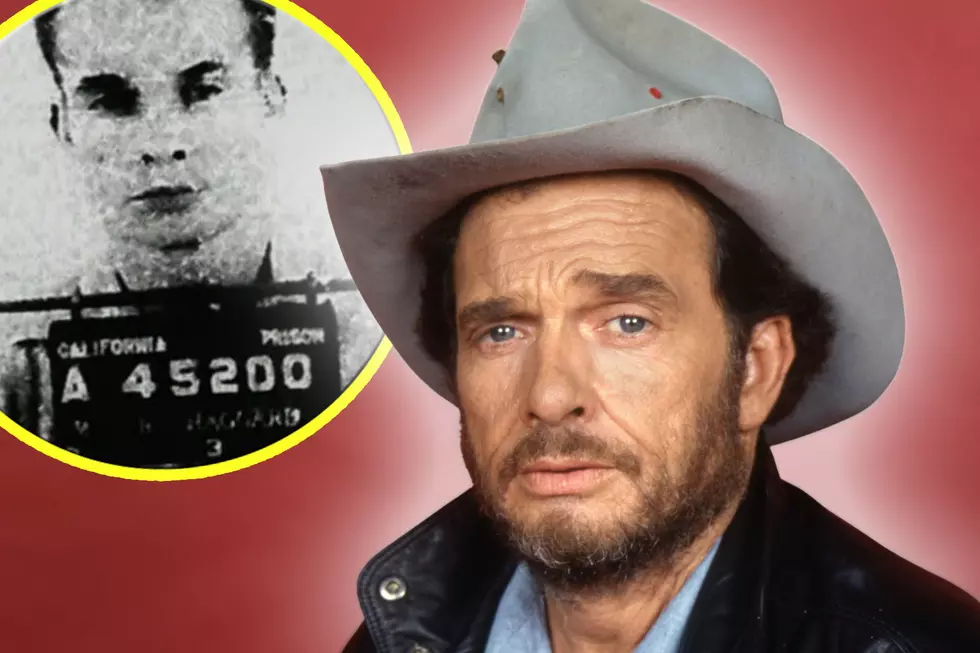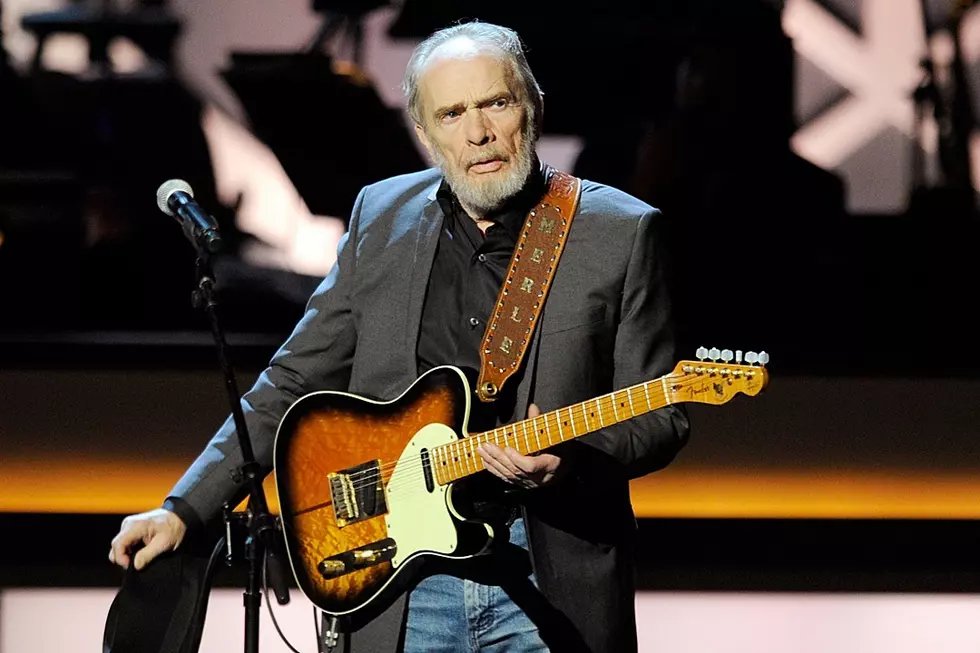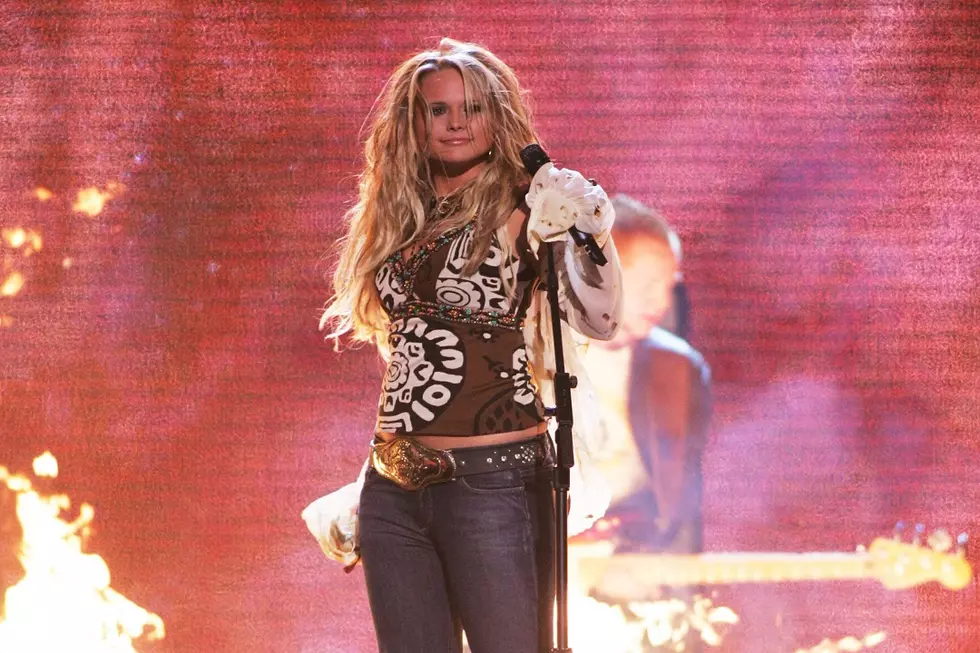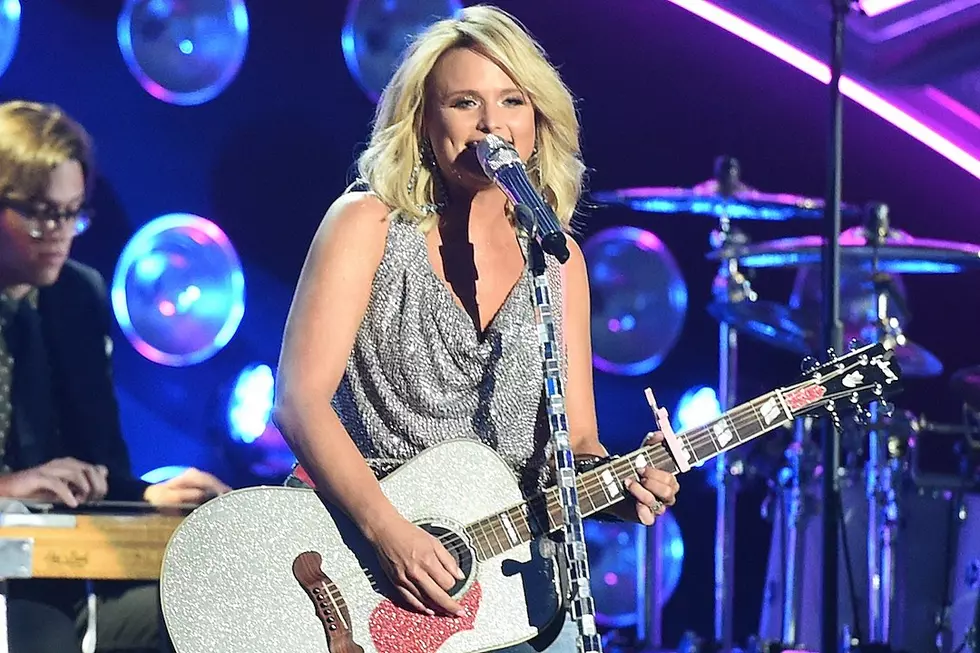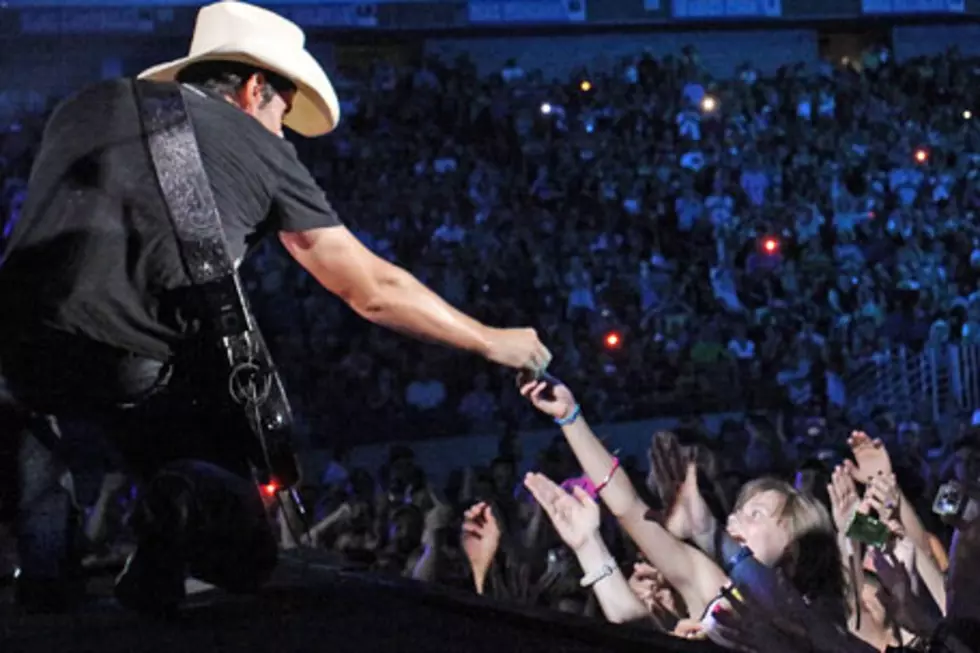
This Is Country Music? Singers Weigh In on Endless Debate
"It ain't hip to sing about tractors, trucks, little towns and mama / Yeah, that might be true / But this is country music ... and we do."
If you stop and listen to the words of to the title track of Brad Paisley's 2011 album, This Is Country Music, you'll find that the singer-songwriter isn't coming down on one side or the other of what sound defines our beloved genre. Instead, he focuses on the lyrical content. On the flipside, George Strait and Alan Jackson lament the "drums and rock 'n roll guitars" that disqualify a song as 'country' in their 2000 state-of-the-industry message, "Murder on Music Row."
Country singers, for the most part, agree with the messages in both of those songs. While they're all here to sustain and grow the format that they love, the whole debate about what country music is can wear on them. Most recently, Vince Gill caused a stir when he admitted his embarrassment over some of what broadcasts on the country airwaves.
"For me, [country music] lost its traditional bent pretty severely," Vince told Pittsburgh newspaper the Post-Gazette. "I would love to hear someone write a song like 'He Stopped Loving Her Today' rather than 'You're hot, I'm hot, we're in a truck.' It's just mind-numbing to me."
The 18-time CMA Award winner isn't the only one with this reaction. Going back even further, Merle Haggard hasn't been satisfied with the quality of music coming out of Nashville for about 37 years.
"It seems to me we peaked somewhere around 1975," Merle told the Wall Street Journal in 2010. "It was still a two-lane country. It was more localized. There wasn't an identical situation on every commercial street, such as a Wendy burger and McDonald and a Taco Bell and a BP. Individuality still was in play. Radio stations got their request from a local audience. It sure changed music when you couldn't call the radio station and say, 'Can we please hear so and so?'."
Gary Allan also puts a lot of the blame on country radio for the lack of variety, noting the change in marketing strategies due mainly to big business.
"[Willie] Nelson, Kris Kristofferson, Waylon Jennings ... Country was about character," Gary explained to Minnesota newspaper the Duluth News Tribune back in 2004. "Country's changed because of monsters like Clear Channel who bought up all the [radio] stations and sliced them up into formats. Our demographic is now the soccer mom. Willie, Waylon, they didn't give a [expletive] about soccer moms, and I don't either."
Speaking of Waylon, while promoting his 2005 debut, Put the "O" Back in Country, the legend's son, Shooter Jennings, explained the project's title was inspired by his discontent with contemporary country music.
"All I'm saying is, 'Come on, bring the energy back to country music,'" Shooter told Oakland, Calif., newspaper the East Bay Express. "I miss the realness and characters. We had such a fruitful era in the '70s. Now where is all that? Where are the Merles, the Waylons, and the Willies?"
Eric Church begs to differ. On the heels of releasing his No. 1 album, Chief, last year, he talked to The Boot about his personal response to such criticism. His acclaimed record includes the tune, "Country Music Jesus," which posits that the genre needs "saving" by someone who's "preaching from the book of Johnny Cash."
"There was a particular critic who was lumping me in with a new generation, a new breed, and they didn't like where the music was heading. [The critic thinks] that we need to harken back to Johnny Cash, Waylon Jennings -- to make that kind of music," Eric explained of the song's inspiration. "It bothered me a little bit because though I revere Cash and Waylon, I don't think we make the same music they did. They made different music than Hank Williams made. Even at a later time, guys like Garth Brooks came along and made different music. They changed the genre. It's my job to pick up the flag and take it somewhere it hasn't been. So, this song was a little bit tongue-in-cheek of my disagreeing with his inference that we had to make music sound like it was 1974. The evolution of music is good. You pay homage to who got you there, and then you take it somewhere else."
More recently, Miranda Lambert praised Taylor Swift and her efforts to grow the spectrum of country music. While she doesn't consider the 22-year-old to be a "country singer," Miranda gives props to the content.
"Taylor Swift is a pop singer, but she really helped country music," the Texas native explained in an interview with W Magazine. "When she hit, I was thinking, 'Thank God Taylor's out there to show people we're not cheesy.' Some people still think that country music is twangy and cheesy, and they pigeonhole us. But I thought if they're looking for Taylor's videos or songs, they might see or hear other people they like. If her fans are watching for her, they might like me too."
What makes music country? That's a debate that could keep us going for ages. As long singers continue to balance paying homage to their heroes with developing their own musical identities, one thing is for sure: like the country boy in an old Bocephus song, it will survive.
Watch Brad Paisley Perform "This Is Country Music"
More From TheBoot
